Thursday, July 1, 2021, is a day forever etched into college sports history. On this day, the NCAA set into effect new regulations regarding its athletes’ name, image and likeness — more commonly known as NIL.
These changes allowed student-athletes to monetize their appearance in ads and other advantageous campaigns. Online sensations such as Livvy Dunne, Travis Hunter and Angel Reese were catapulted into celebrity status and became multi-millionaires before even graduating college. Although this sounds like a great deal for student-athletes, spectators argue that NIL deals have ruined the true essence of college sports, and I couldn’t agree more.
What makes college sports so enjoyable to watch is knowing that these young athletes are not playing for money or a contract but for the love of the game. Whether it’s football, soccer, basketball or gymnastics, the athletes compete for the logo on the front of their jersey and the name on the back. Introducing NIL has diminished that natural love and replaced it with greed for more followers and a bigger paycheck.
Instead of athletes playing for their school, NIL has made playing for your brand more important.
Now, I am not saying every player loses their love for the game after signing a deal. I’m saying that the authenticity of college sports for students and fans dissipates because we are aware that these young players are essentially getting paid to play rather than fighting tooth and nail to represent their college.
Although allowing students to monetize off their own brand is great, the true spirit of college sports has also been overtaken by this greed. College sports are meant to focus on the culture and unity of a school, not the amount of money they can pay you.
This is especially evident in the major events of college sports, such as March Madness and the College Football Playoffs. Fans from all over the world come out and support their college team in two of the most popular sporting events in America, and the reason these events are so popular is due to the authenticity of students who want to bring hardware to their school and etch their name in college sports history.
The landscape of recruiting has changed as well. Recruiting athletes used to involve persuading them to join your program based on the culture of the team and the relationships with coaches and teammates.
Now, too often, the case is that all a school needs to attract recruits is money. Schools with more donors have more leverage to convince recruits to join. Schools with more heart but less funding are losing out on key players.
“When it came down to making my final decision, there were teams throwing money at me, this and that, trying to bribe me,” wide receiver T.J. Moore said last week. “But Clemson felt right. Clemson is what I was taught to like when I was a kid.”
One further aspect is the added pressure on athletes to perform. Before, athletes had pressure to perform well on the field for their team in addition to pressure to perform well in the classroom for their grades. Now, there is the added pressure to perform for their brand — if an athlete with a deal plays poorly, their brand suffers.
Overall, the NIL rule change has had a positive effect on select athletes, allowing them to provide for their families, but I don’t think they outweigh the true authenticity and essence of college sports that I fell in love with growing up. For that reason, I believe NIL is ruining college sports.



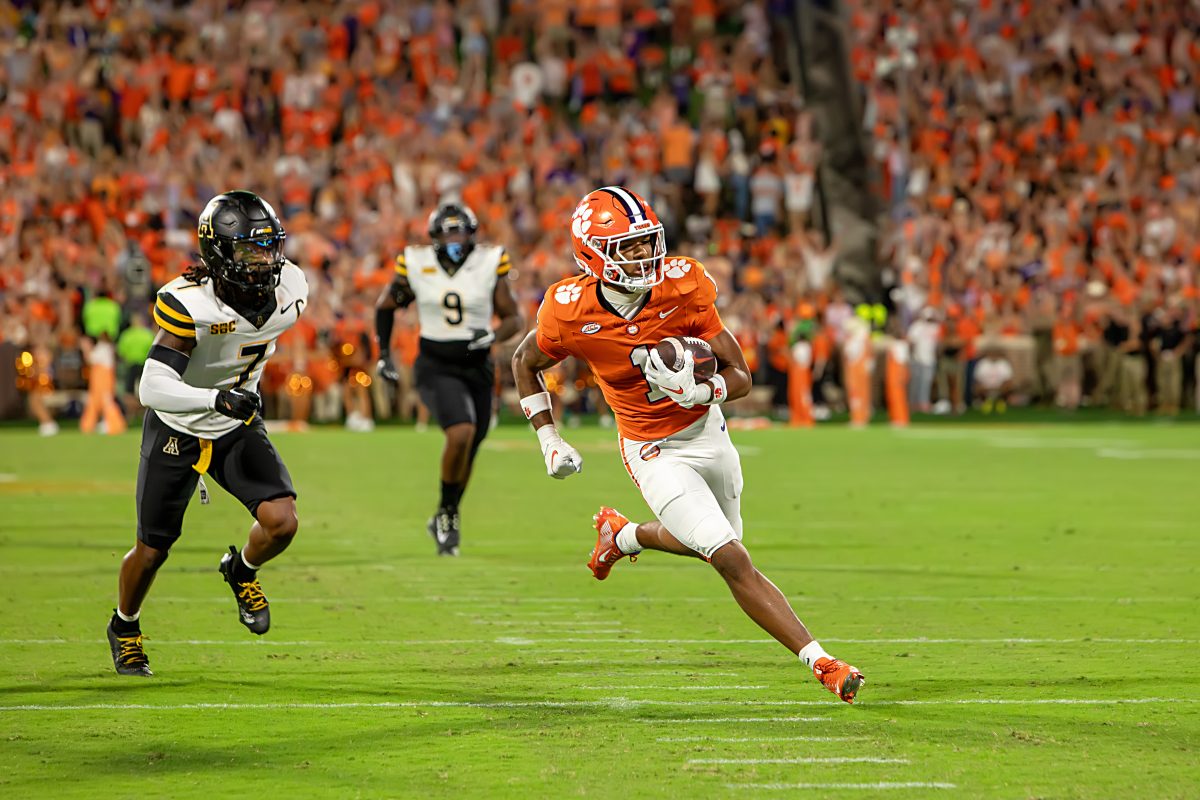


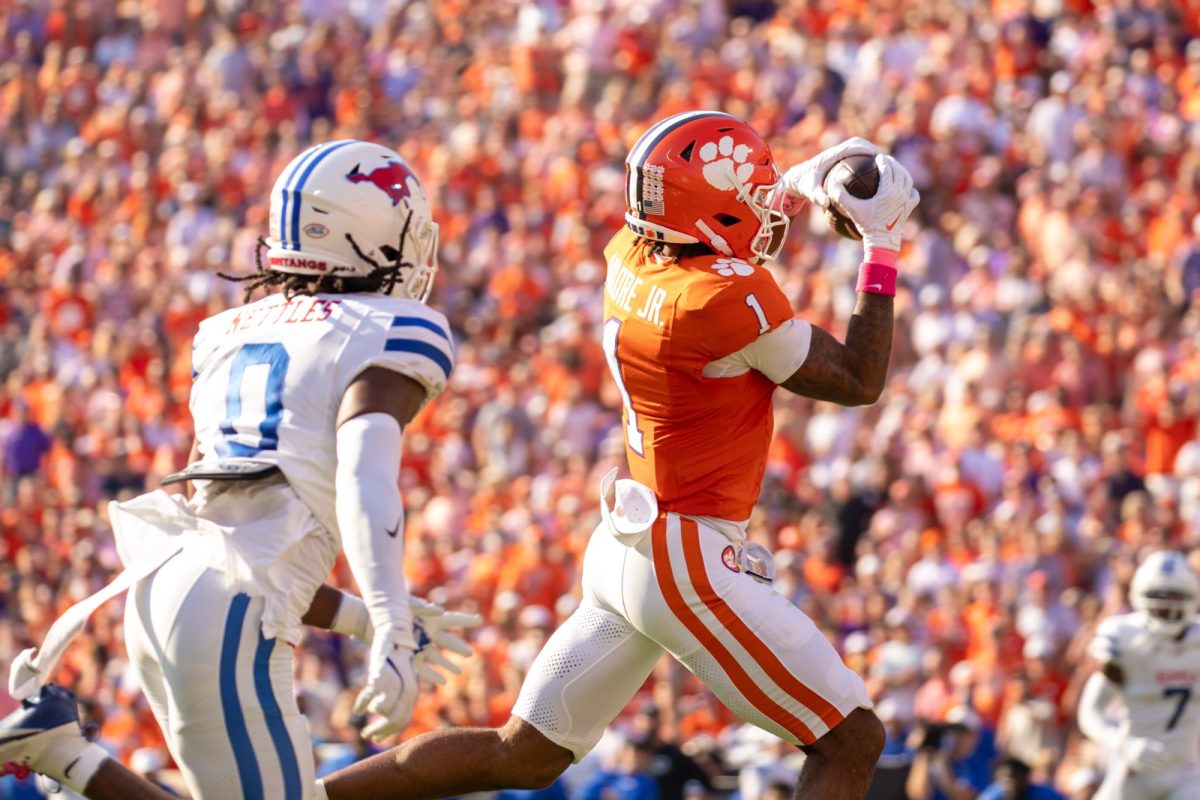
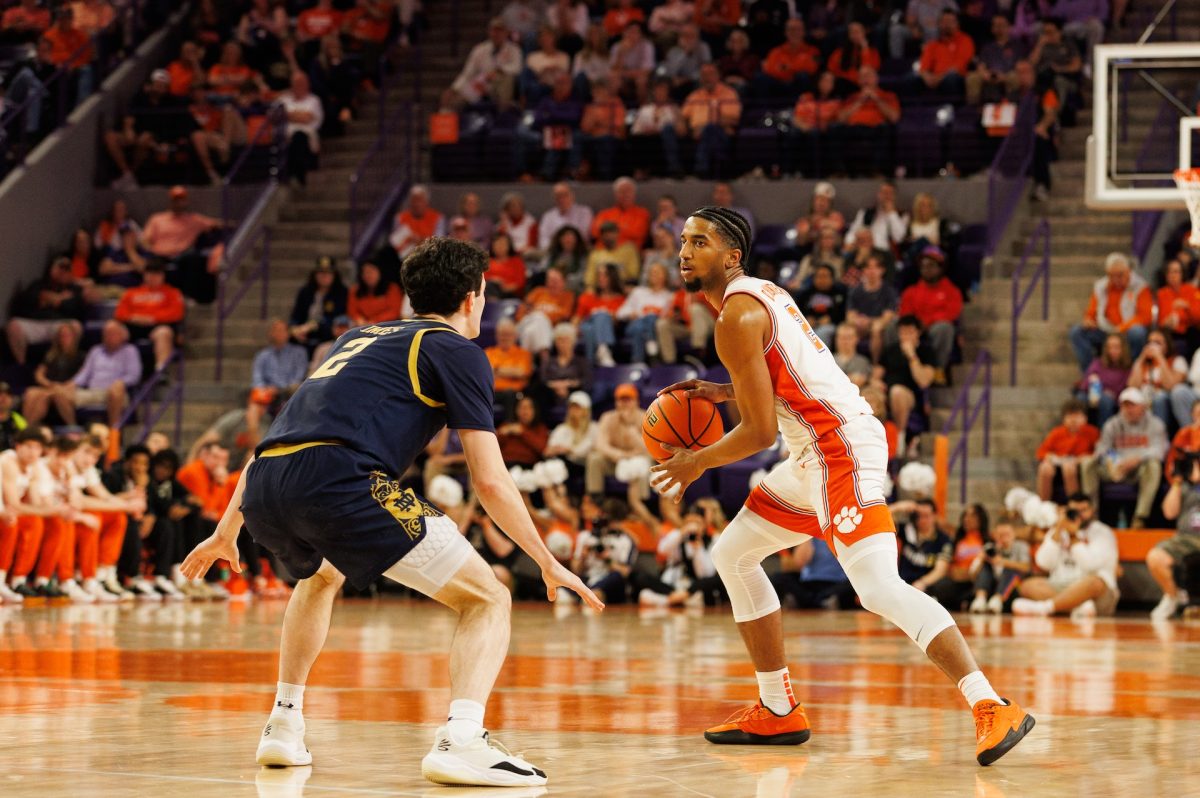
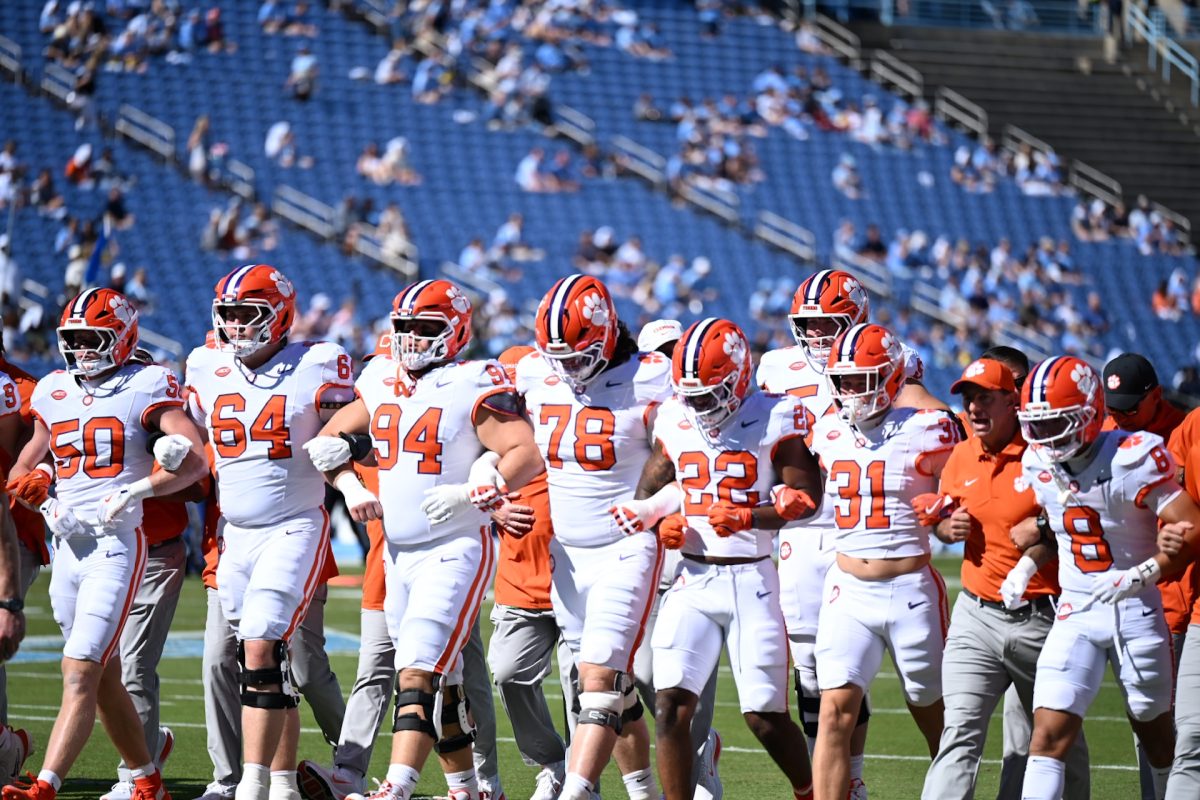
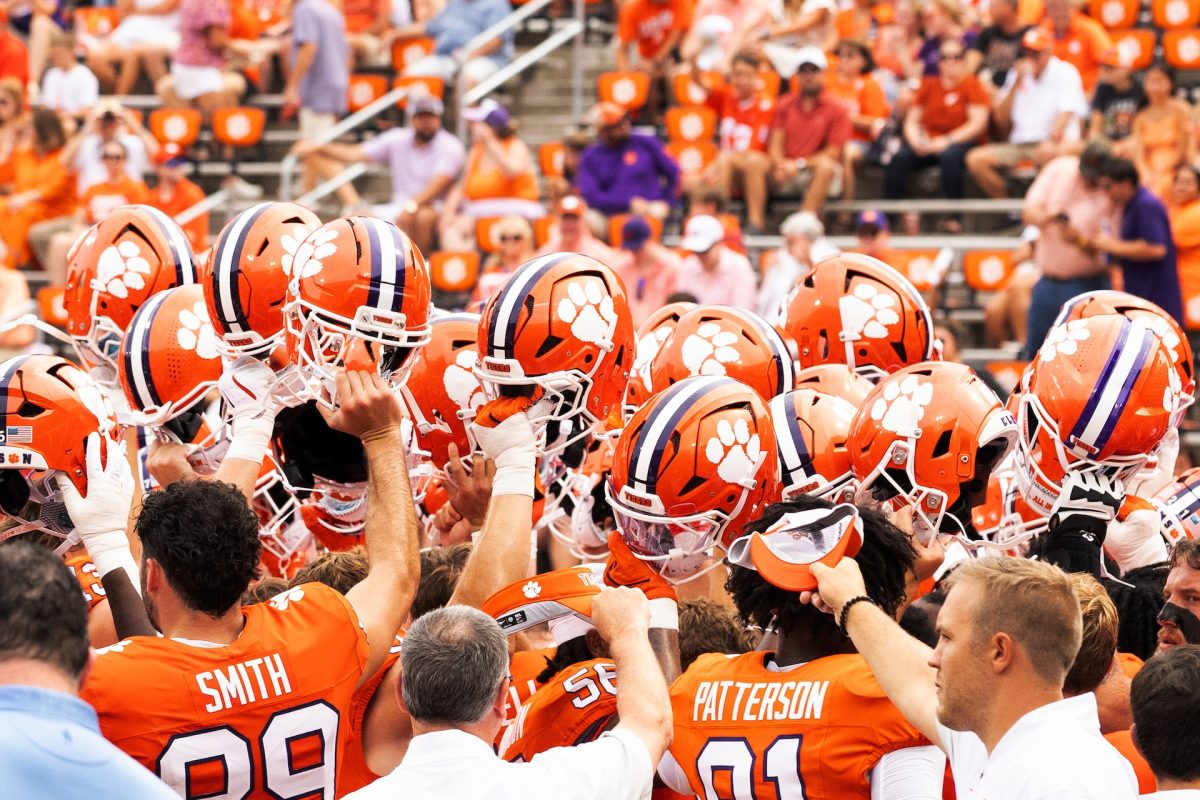
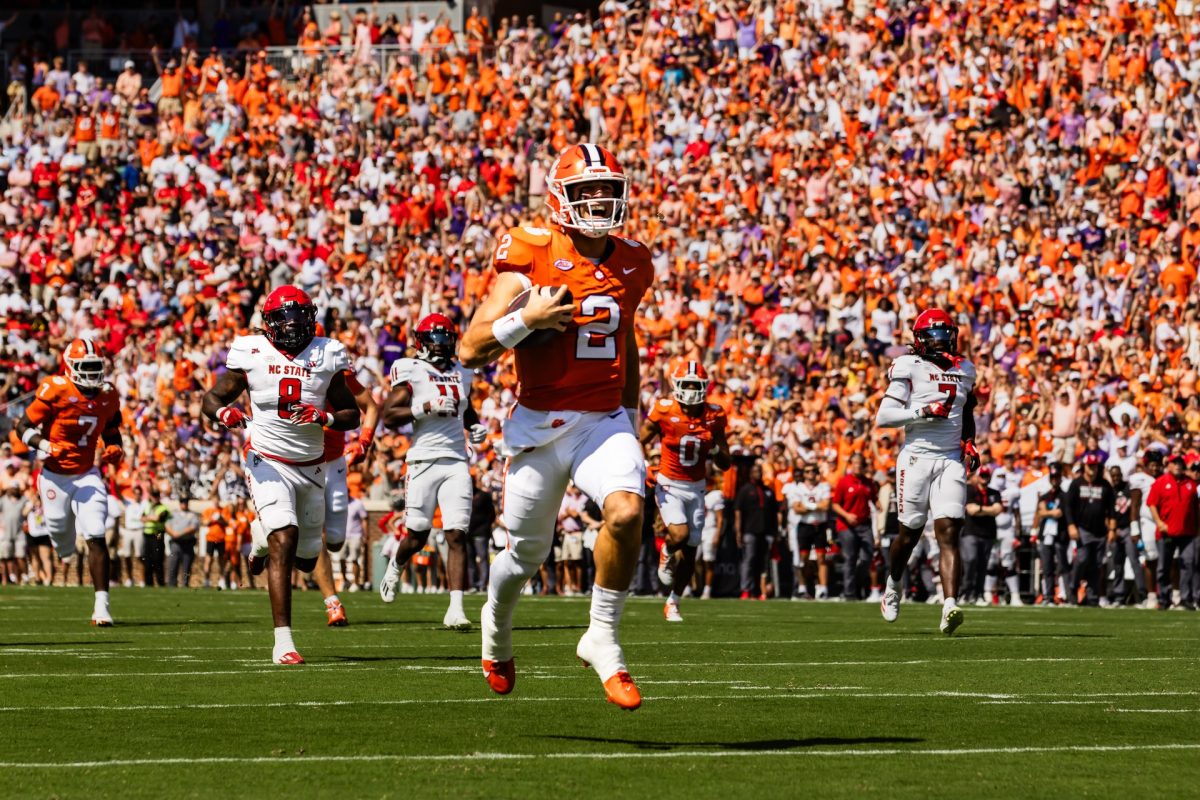
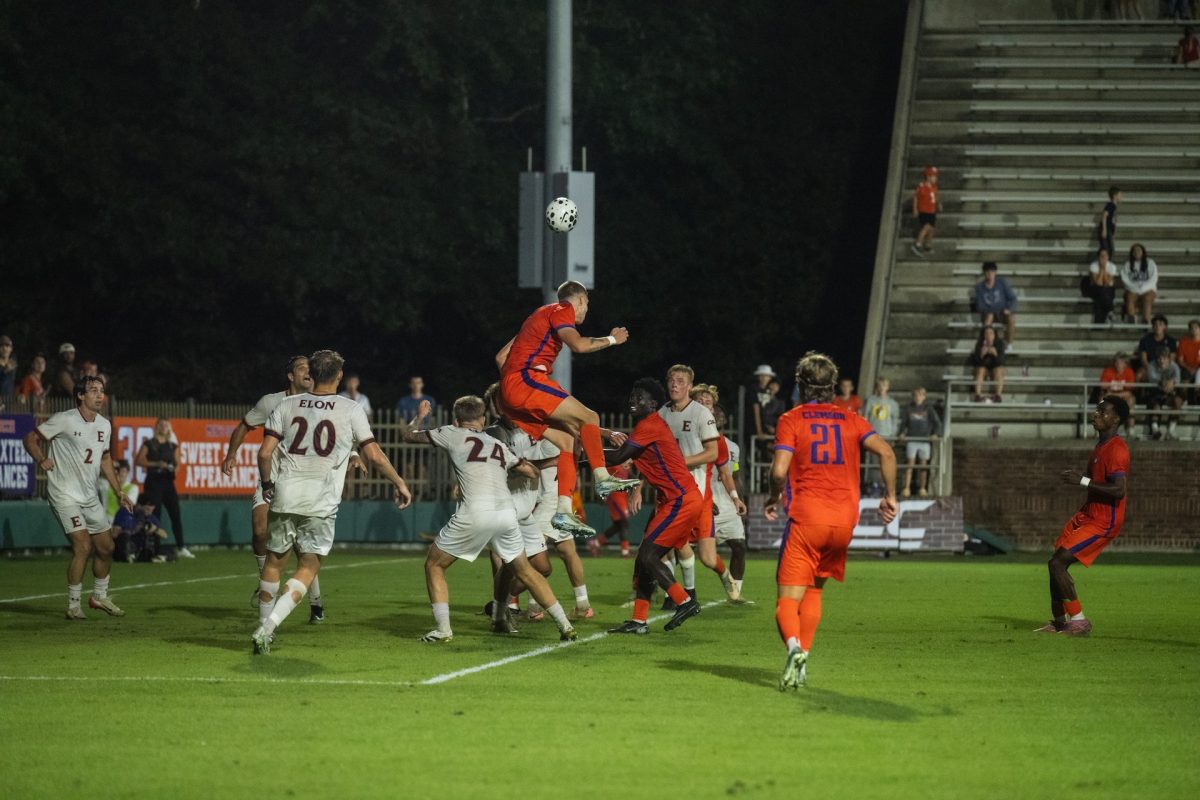

Clancy Rubberfoot • Apr 13, 2025 at 4:09 am
Gots to get mine daaawg
Bob Gall • Apr 1, 2025 at 2:12 pm
If you have a good football team, you get funding, and then you can pay for any sport. So if you are a big school that has a good football team, your going to be good in every other sport
Elliot cook • Jan 29, 2025 at 4:25 pm
NIL should be to get a lil money and things to provide for you and your family not millions of dollar
Greg • Apr 8, 2025 at 6:44 pm
ok stinker